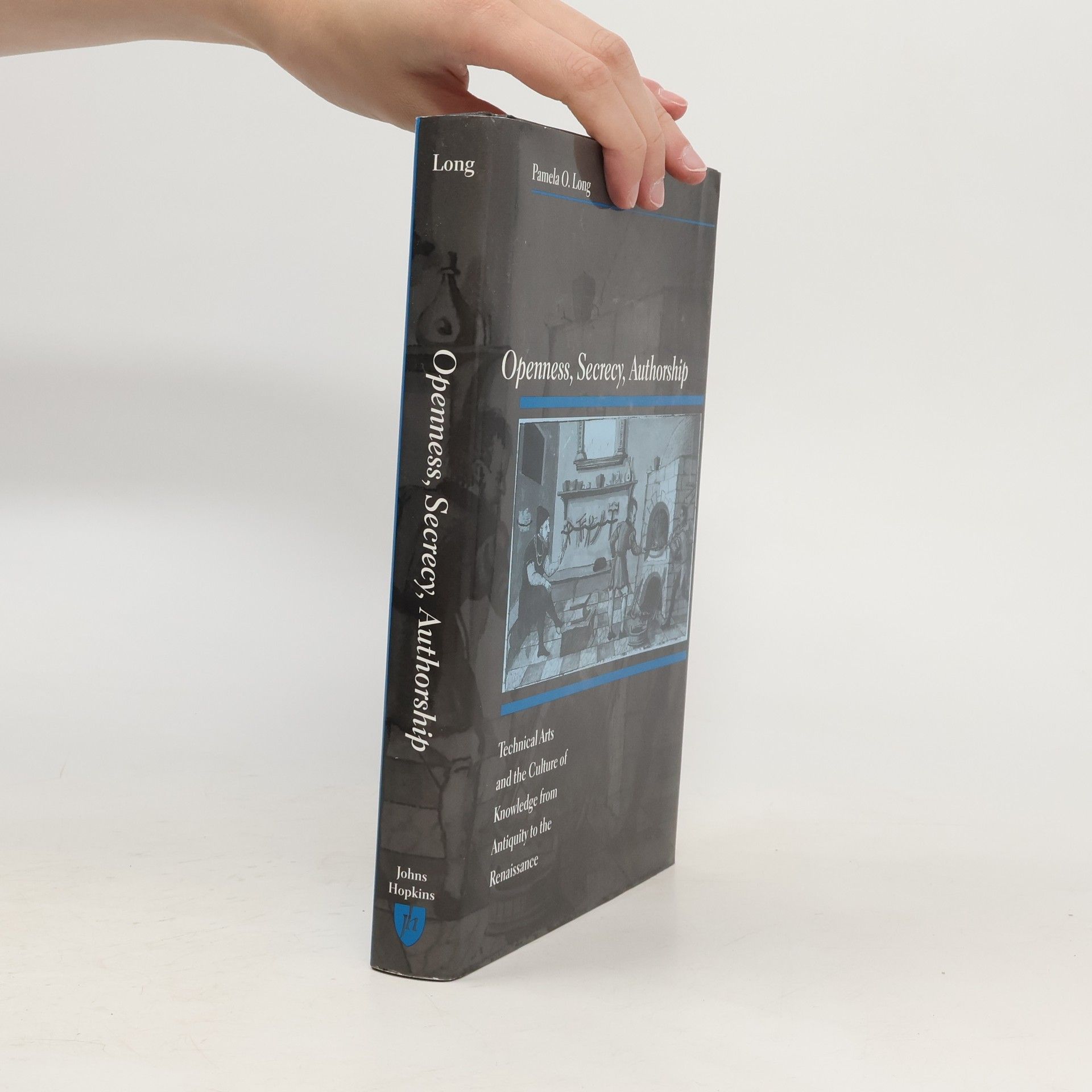"Using classical Greek as well as medieval and Renaissance European examples, Long traces the definitions, limitations, and traditions of intellectual and scientific creation and attribution. She examines these attitudes as they pertain to the technical and the practical. Although Long's study follows a chronological development, this is not merely a general work. Long is able to examine events and sources within their historical context and locale. By looking at Aristotelian ideas of praxis, techne, and episteme, she explains the tension between craft and ideas, authors and producers. She discusses, with solid research and clear prose, the rise, wane, and resurgence of priority in the crediting and lionizing of authors. Long illuminates the creation and re-creation of ideals like "trade secrets", "plagiarism," "mechanical arts," and "scribal culture." Her historical study complicates prevailing assumptions while inviting a closer look at issues that define so much of our society and thought to this day. She argues that "a useful working definition of authorship permits a gradation of meaning between the poles of authority and originality," and she guides us the through the term's nuances with clarity rarely matched in a historical study."--Jacket
Pamela O. Long Livres


Technology in Mediterranean and European Lands, 600-1600
- 360pages
- 13 heures de lecture
Exploring the impact of technology from 600 to 1600, this book delves into how advancements during the medieval and Renaissance periods influenced societal structures in Mediterranean and European regions. It highlights the interplay between technological innovations and cultural developments, illustrating their role in shaping economies, politics, and daily life over a millennium. Through a detailed examination, it reveals the transformative power of technology in historical contexts.